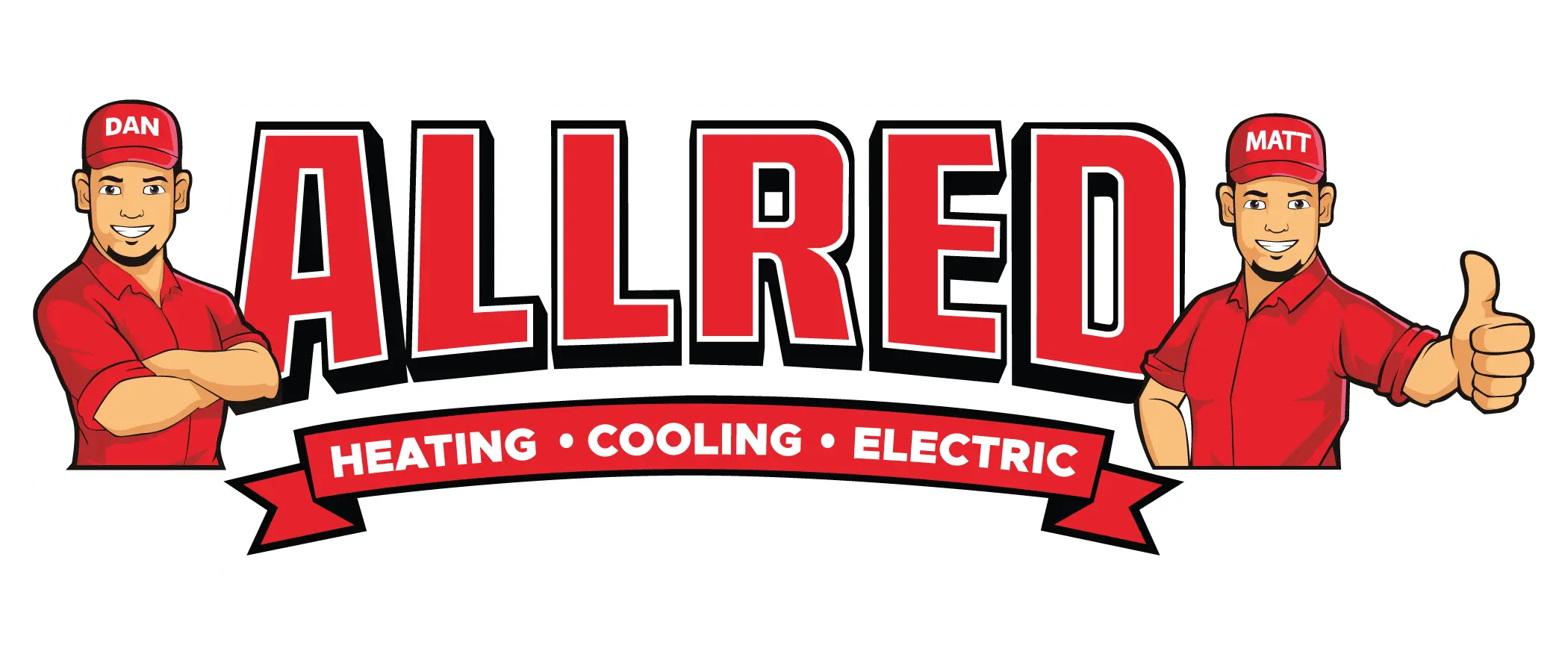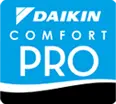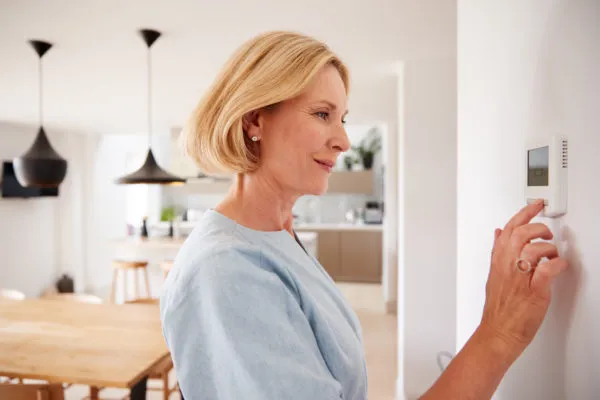
Signs Your Air Conditioner Needs Repair
Signs Your Air Conditioner Needs Repair
Air Conditioner Repair
Have you had routine maintenance on your air conditioner anytime over the past year? If not, it may be time for a tune-up. The last thing you want is to have a faulty air conditioner in the middle of the sweltering summer heat. There are a number of things to keep an eye on if you want to avoid untimely breakdowns. Here are signs your air conditioner needs repair.
- Low Air Flow: Is your AC unit barely blowing out cold air? This is your first sign that it is time for air conditioning repair. When the unit has low airflow, it is unable to circulate around the room and keep you cool. Chances are, this is either a compressor issue or a problem with the ducts. Consequently, you will want to get an expert to take a look at it as soon as possible. Otherwise, your AC unit is basically worthless.
- Blowing Warm Air: Second, an AC unit that blows warm air is a big red flag. If this is happening, you need air conditioning repair right away. Get an expert to take a look at it and determine what is required to fix it.
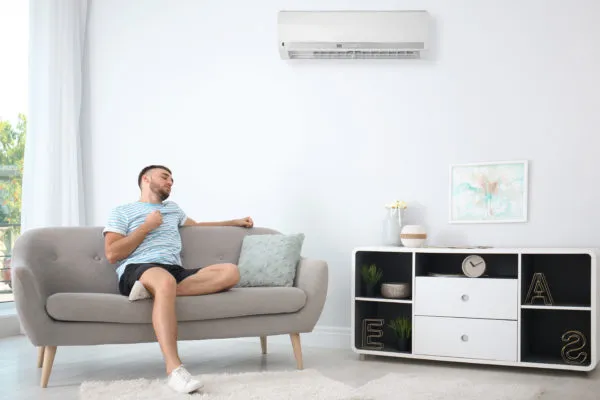
- Broken Thermostat: The thermostat is more than just a temperature gauge for your AC unit. In fact, it works in tandem with the air conditioner itself. Essentially, it determines how much cold air it needs to create. If the thermostat is broken then your air conditioning will be unreliable, random, and unhelpful.
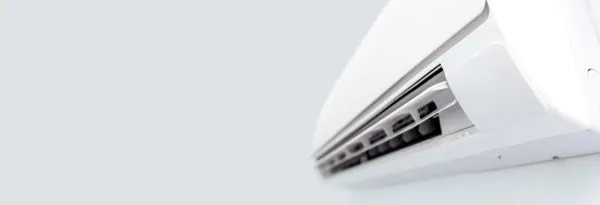
- Loud Noises: If your AC unit is making loud noises while it’s on, it could mean a number of things. Oftentimes, grinding and scraping could be a sign of a broken belt. With that said, you will want to get this looked at as soon as possible. In a nutshell, you run the risk of things breaking down further if you keep running it in this condition. That could mean costly repairs down the road.
- Strange Smells Coming From AC Unit: Bottom line, strange smells are never a good sign. Most likely, this means there is mold somewhere inside the unit. Alternatively, this often means a component is burned out. It is crucial not to let this go unchecked. In fact, this runs a risk of getting you and your family sick if it keeps circulating unclean air.


- Expensive Electric Bills: If your electric bills are shooting up, it is time for air conditioner repair. This is a sign it is not working properly. Incidentally, your unit is probably using too much energy just to run. When this happens, get it fixed ASAP to get those bills back down.
- Your AC Unit Is Ten Years Or Older: At that point, its lifespan is up. The repairs will start adding up quickly, and it will save you money in the long run to upgrade.
Fast, Friendly And Fairly-Priced
Is your AC unit showing any of the signs listed above? No need to worry! Allred Heating Cooling Electric LLC has you covered. Whether it’s routine maintenance, repairs, or full replacement we guarantee fast and friendly service at a fair price. Contact us today for all your heating and cooling needs!
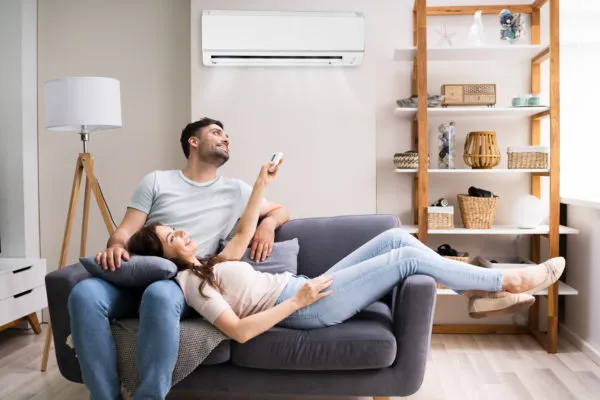

Understanding Your Home’s Heating And Cooling System
Understanding Your Home’s Heating And Cooling System
What You Need To Know?
If you are serious about keeping your home in its best condition, it’s good to know the basics about your heating and cooling system. Understanding your heating and cooling system is important so you can know how to keep things running smooth, when to call in maintenance, and when it might be time for an upgrade. With that said, here’s a quick guide to understanding your home’s heating and cooling system.
Definition Of HVAC
First off, we’ll start with the definition. The term HVAC stands for “heating, ventilation, and air conditioning systems.” This system is responsible for keeping your home heated, cooled, and maintaining high air quality. Essentially, it’s what keeps your home comfortable.
What HVAC Includes?
There’s a lot of components that heating and cooling will include. These components are most commonly your furnaces, air conditioners, heat pumps, and air handlers. Furnaces use fuel to create heat and distribute it around your house. Air conditioners gather the heat inside your home and push it outside using the home’s duct systems.
Next, a heat pump is a convenient two-in-one system that provides heating and cooling without having to use fuel like a furnace normally would. Finally, air handlers are typically used in conjunction with heat pumps to circulate air. A standard HVAC system already has components to handle this task, so you won’t require one of these otherwise.
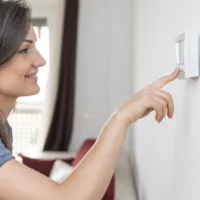
Maintenance And Repairs
It’s always wise to keep your heating and cooling system in nice condition. A great way to do this is by scheduling routine maintenance. Basically, you’ll want to consider scheduling annual maintenance before summer for cooling, and before winter for heating.
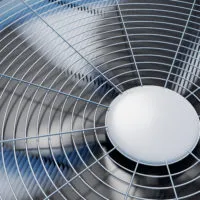
Replacements
Another important aspect of your heating and cooling system is knowing when replacements are necessary. First off, if you are continually needing repairs you can count on this being a sign to replace your system. Next, if your system is troubled with poor performance such as low heat or being unable to keep your home cooled then it’s time to replace. Moreover, this can be in conjunction with rising energy bills due to poor performance. Finally, if your heating and cooling system is around a decade old then be sure to replace it as well.
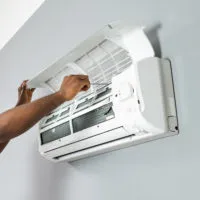
Everything Your Home Needs Under One Roof
Old, overworked systems running up your utility bills? It’s time to replace and rejoice! We guarantee our customers the same quality and care as our own family. Contact us today to learn more!
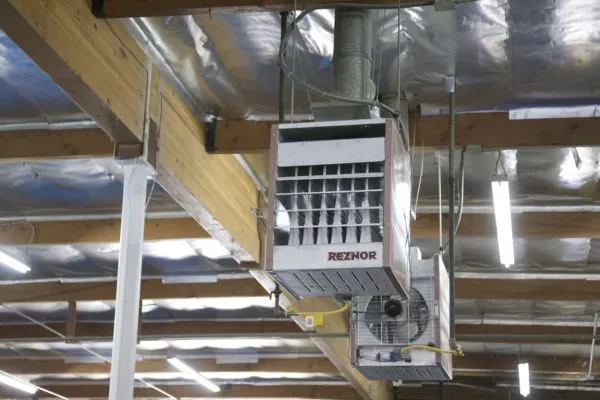
Clear The Air
Clear The Air
Determining The Right Air Filter For You
The type of air filter you use for your home’s HVAC system plays a big role in your house’s air quality. The right filter can drastically reduce the number of allergens, germs, and other harmful pollutants that circulate through your home. But how do you know exactly which air filter is best for your particular HVAC system?
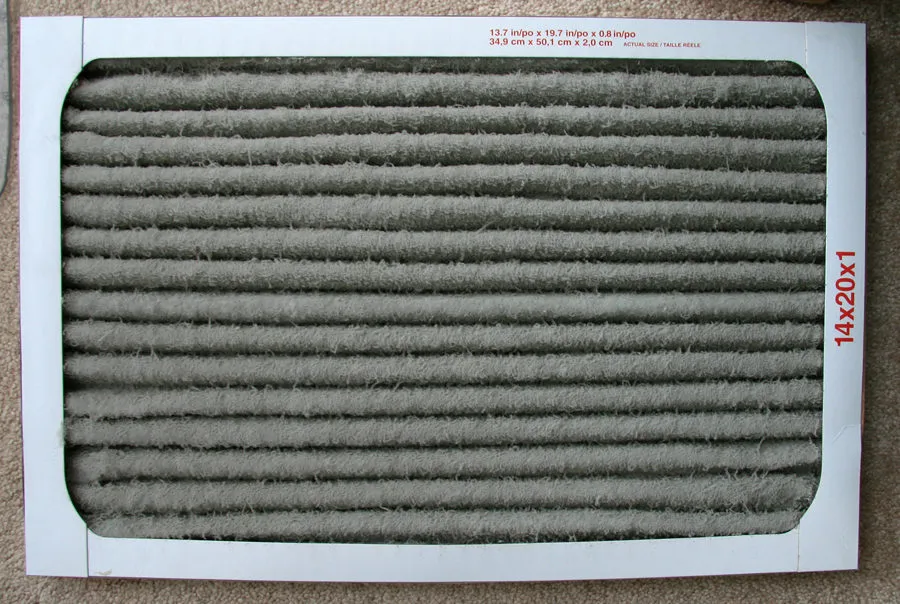
Consult The Manufacturer’s Instruction Booklet
To get a basic idea of what type of air filter to look for, simply take a look at your HVAC manufacturer’s instructions. There you can determine the exact size air filter you’re going to need. This is quite important, as an ill-fitting air filter will work poorly, if at all. Get down the exact measurements using the manufacturer’s instructions and you’ve narrowed your search significantly.
MERV Rating Vs. Efficiency
MERV, or Minimum Efficiency Report Value, is a metric by which an air filter’s ability to capture airborne particles is measured. When a filter has a high MERV rating it means that it can stop a large percentage of particles. MERV runs on a scale of 1-9, with 1 being the lowest and 9 being the highest. Depending on the MERV rating your filter has, it will be able to stop anywhere from 60 to 95 percent of all particles. There is, however, a catch. The more effective a filter is at capturing particles, the less energy efficient it causes your HVAC system to be. A powerful filter will make your HVAC system work harder to do its job than a weaker filter. The trick is to strike a balance between your filter’s MERV rating and your HVAC system’s efficiency. Typically a residential HVAC system will do just fine with an air filter that holds a 7 or 8 MERV rating.
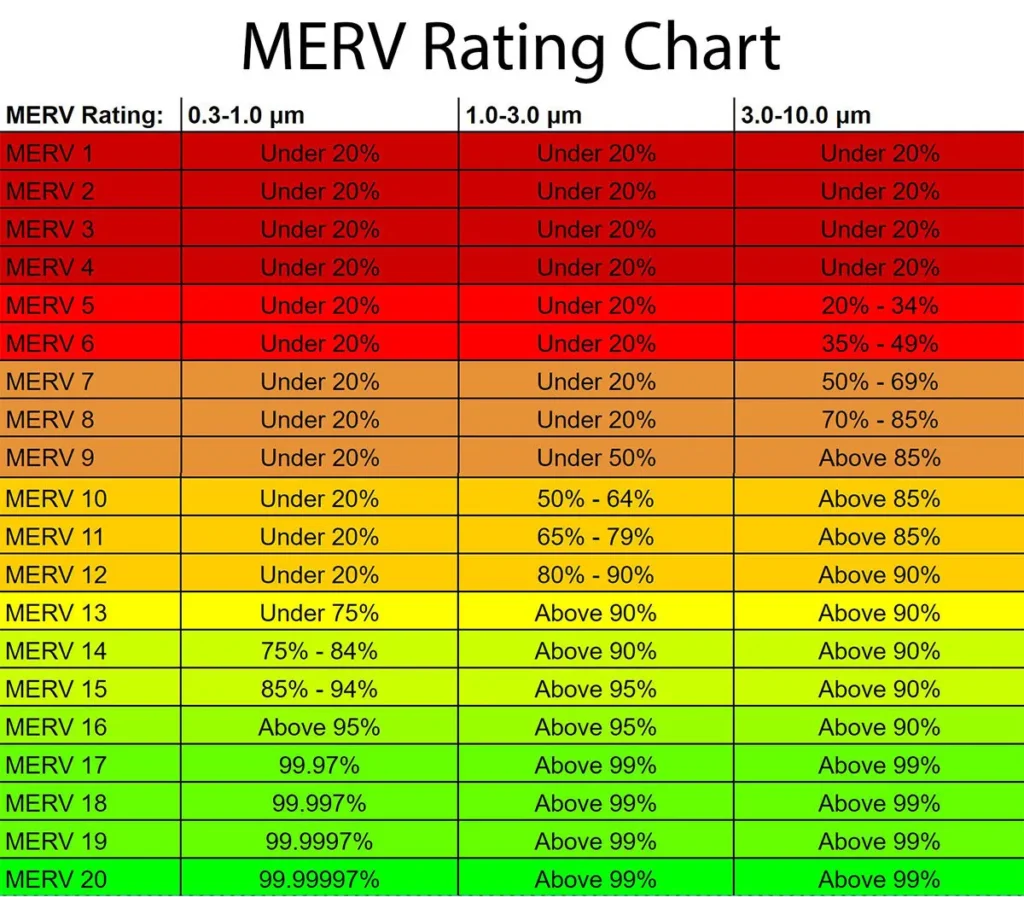
Do I Need A New Filter?
Before you start your search for the perfect air filter, you may want to determine whether or not you really need one. If you’d like your HVAC system to perform as efficiently as possible, you’re going to want to change your air filter every one to three months. If you haven’t changed yours in longer than that, it’s likely that you’re putting extra strain on your system. There are a few warning signs to watch for that will indicate it’s time to replace your air filter:
- Your unit is overheating.
- Your home’s air quality has worsened.
- Your energy bills are unusually high.
- Your HVAC system isn’t as effective as usual.
If any of these indicators are present, you most likely need to change your filter.
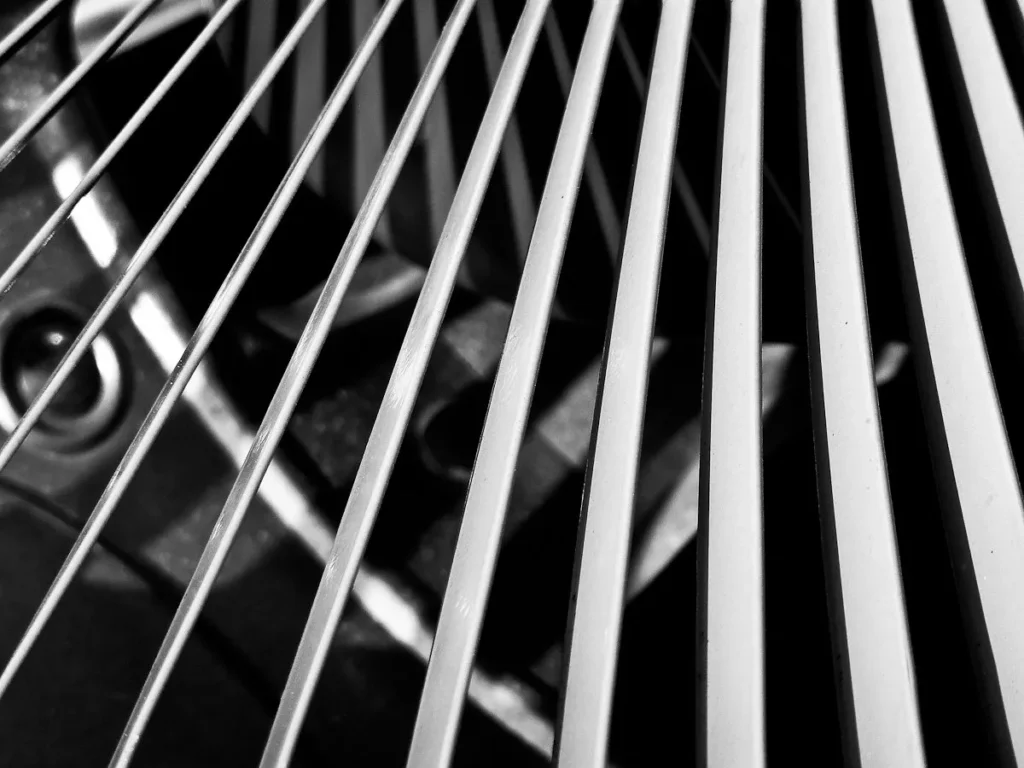
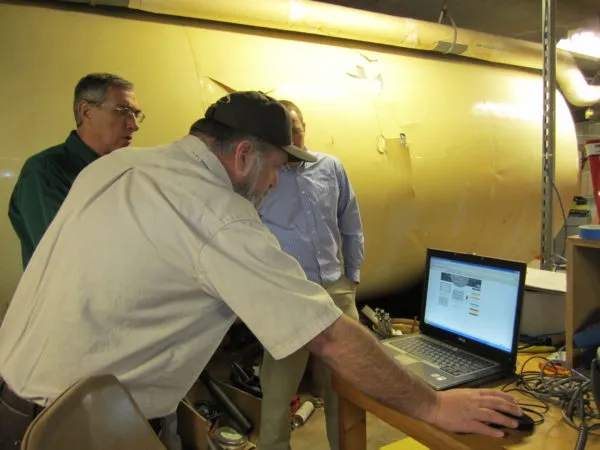
HVAC Upkeep
Maintenance And Scheduling
HVAC maintenance will not only help you prevent breakdowns and extend the life of your HVAC unit, but it will also most likely save you money in the long run. If you’re willing to put forth the money for regular maintenance to your HVAC systems now, you’ll help to avoid far more costly and inconvenient repairs down the line. With regular maintenance, your system will run more effectively and efficiently, which will reduce your energy bills. Not only that, but you’ll get more life out of the unit, meaning a costly replacement can be put off to a later date.
When To Schedule Your Maintenance?
In order to ensure that your maintenance does the job that it’s intended to do—prevent untimely breakdowns and ensure that your system is working as efficiently as possible—you’re going to need to schedule it within an appropriate window of time. That time should always be a bit before your heating or cooling system is going to be used most frequently. In other words, schedule your central air system maintenance just before summer rolls around, and your heating system maintenance just as fall begins. Getting a bit of a head start can be helpful because the further from the summer or winter you are, the less busy your HVAC company is likely to be, and therefore they should be able to be more accommodating to your schedule.
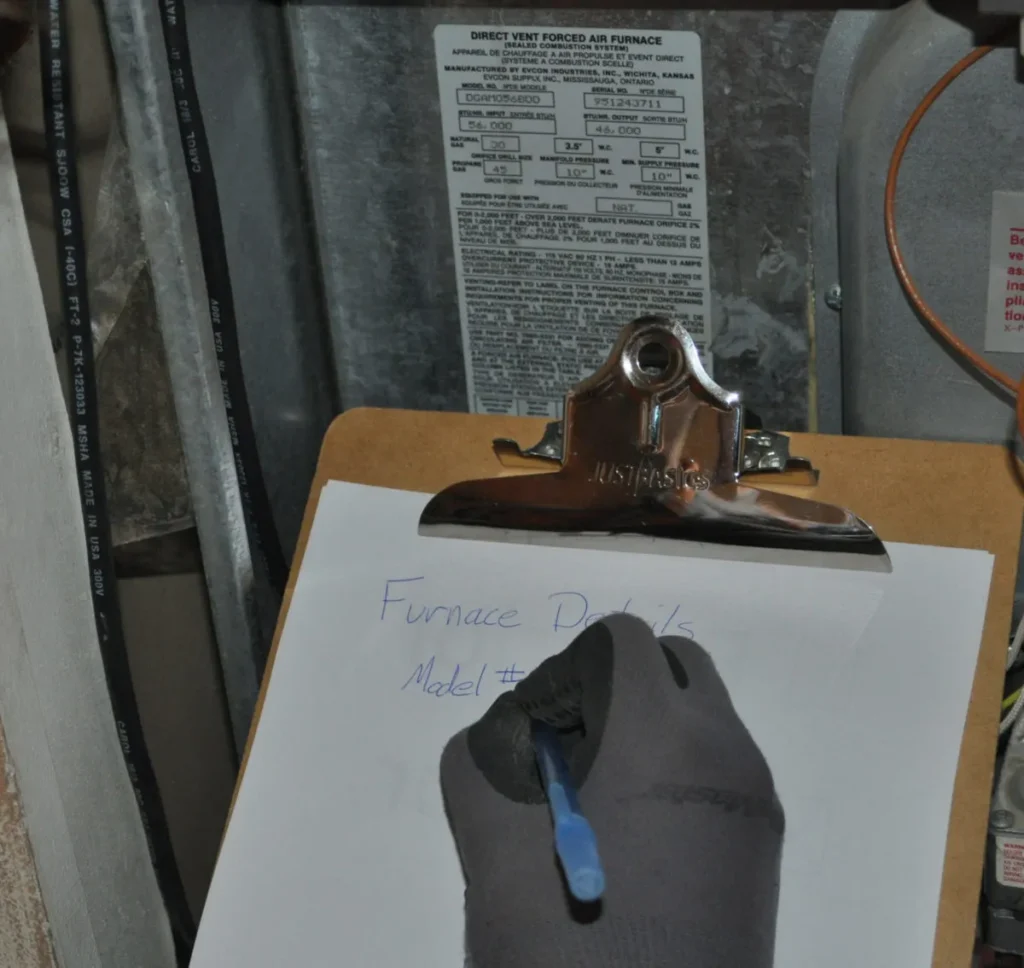
How Often To Schedule Your Maintenance?
The frequency of your maintenance is even more important than the timing of it. If you don’t have a professional take a look at your HVAC systems with regularity, you run the risk of a costly and untimely breakdown when you need your system the most. Most systems, such as central air or furnaces, require maintenance once a year, while heat pump systems should be looked at once every six months, as they are used year-round.
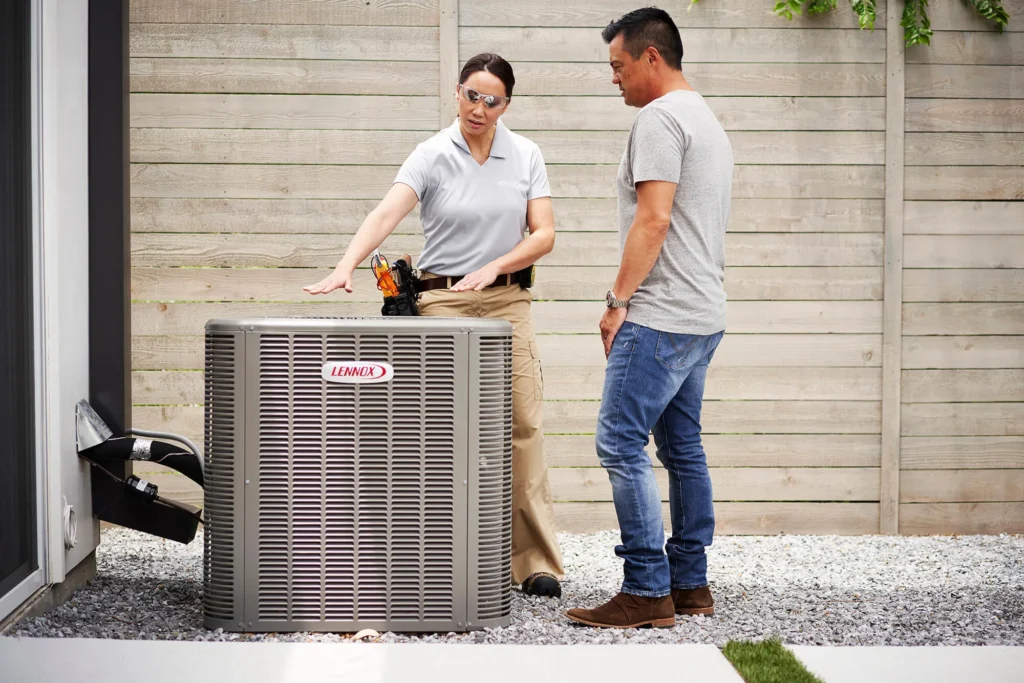
What HVAC Maintenance Entails?
The details of your HVAC maintenance will vary depending on the heating or cooling system that you’re having maintained, but the general procedure remains pretty much the same regardless. During your regularly scheduled maintenance, your HVAC technician will provide the following services:
- Regular filter replacement.
- Cleaning of the system to improve efficiency.
- Checking for damaged parts or leaks.
- Replacing worn-down parts.
- Testing electronics.
Your technician will inform you of any potential issues and let you know of any changes that were made during maintenance. Once they’re done you can rest assured that your HVAC system will be running as efficiently as possible, and it won’t be breaking down or causing you any issues in the near future.
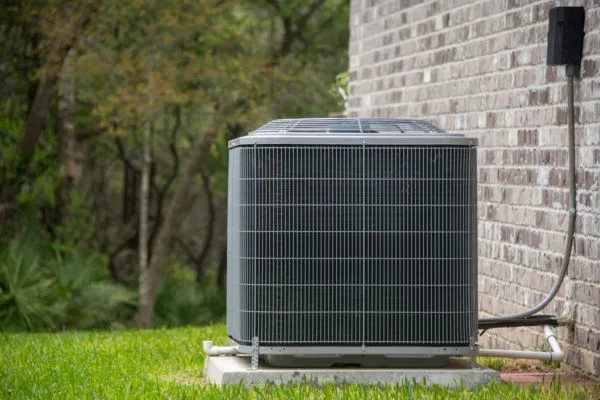
Five Reasons You Need To Get A Heat Pump
Five Reasons You Need To Get A Heat Pump
The Many Benefits Of Heat Pumps
Are you thinking about having a heat pump installed for your home? At Allred Heating Cooling Electric LLC, we can’t recommend them enough! With that said, the average person may not know all the amazing benefits a heat pump offers your home. Essentially, heat pumps take heat from air from the outside and move it to other locations in your home. This accomplishes a variety of important features. Here are five reasons you need to get a heat pump for your home:
- They Cost Less To Run: Who doesn’t love saving money? Heat pumps actually cost less than other systems to run, which saves on cost in the long run. In fact, the more energy-efficient the system is the more it saves over time. Moreover, heat pumps require less maintenance as well. You’ll be saving money on both fronts.
- Provides Cooling: Despite the name, a heat pump actually provides cooling as well. Essentially, you can switch your heat pump to cooling mode during the summer to reverse the heating process. It’s a win-win that provides heat and cooling whenever you need it!
- Safety: A lot of heating systems often use fuel to generate heat. However, heat pumps use electricity instead. This is safer for you and your family. Less maintenance, as stated earlier, also means they are more reliable and safer as well.
- Eco-Friendly: Are you trying to reduce your carbon emissions? Heat pumps are the way to go. These are much more efficient at converting energy to heat, which is a healthier alternative from other systems.
- They Last A Long Time: Finally, one of the five reasons you need to get a heat pump is their long lifespan. Most heat pumps can easily last fifteen years and only require minor maintenance over time. Essentially, heat pumps are a long-term investment that are reliable, safe, and efficient.
The Allred Heating Cooling Electric LLC Difference
At Allred Heating Cooling Electric LLC, we provide first-class customer service at unbeatable prices. We guarantee our customers the same quality and care as our own family. Now let’s work together to take care of your home! Ready to get started? Contact us today!
The Allred Heating Cooling Electric LLC Way
Labor Warranties That Outlast The Rest
A labor warranty is there to assure you that the work done on your HVAC system has been performed by a reputable contractor who is willing to guarantee that the job has been done right, and should any problems arise with that job, they will address them free of charge. You won’t find an HVAC contractor around that doesn’t offer at least a one-year labor warranty, and that’s because it’s required by state law. However, you will find that practically every HVAC company out there only meets that one-year minimum and nothing more. That doesn’t sit right with us, which is why we provide all of our labor warranties the Allred Heating Cooling Electric LLC way.
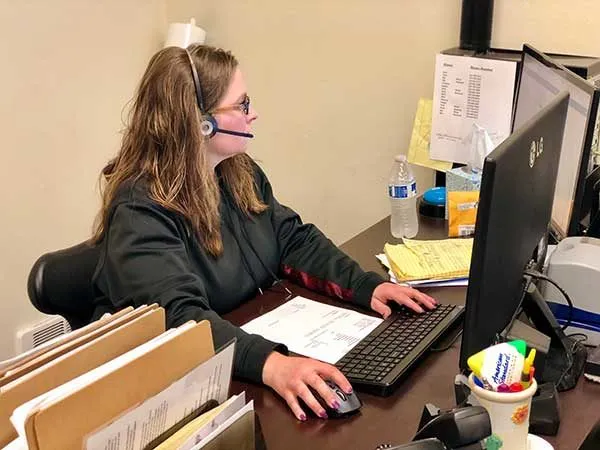
What Is The Allred Heating Cooling Electric LLC Way?
While all the other companies give you the legally required minimum labor warranty on their recommended systems, Allred Heating Cooling Electric LLC will match the term of the manufacturer’s warranty on ours. That means that as long as the manufacturer guarantees their product—be it 5,10, or even 12 years—we guarantee our labor on it. But that’s not all the Allred Heating Cooling Electric LLC way has to offer: our recommended systems also come with 3 years of club membership, which includes maintenance to keep your unit in perfect running order and emergency service to guarantee that you’ll never have to wait until business hours to address an issue with your system. And as an extra level of protection for your investment, we also offer transferable warranties and surge protectors.
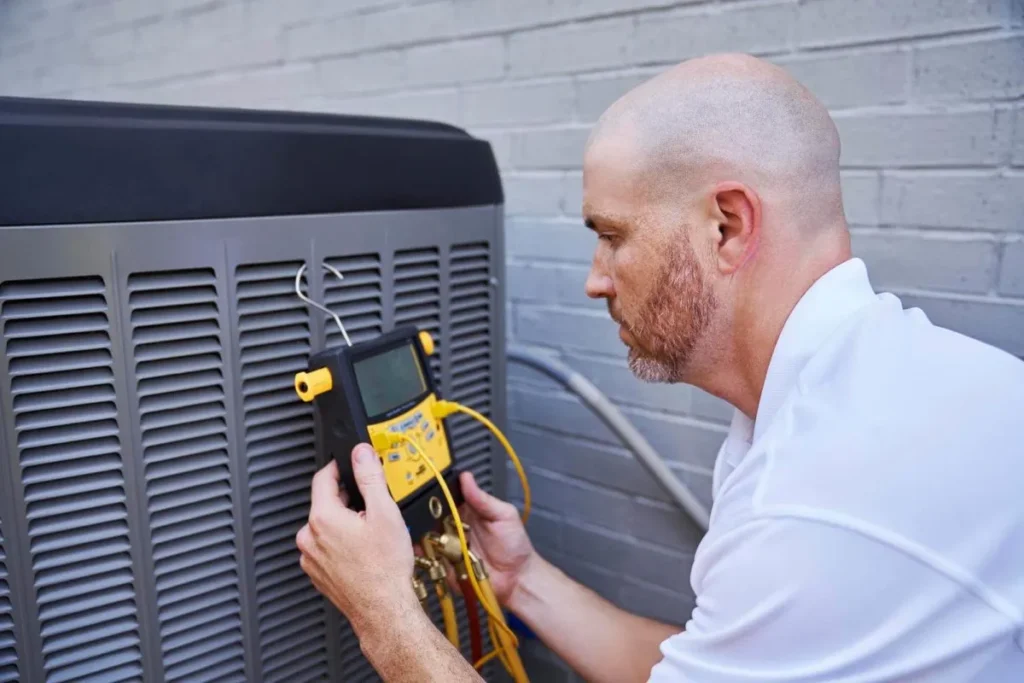
We Bet On Ourselves
Our primary focus at Allred Heating Cooling Electric LLC is developing a positive, lasting relationship with our customers, and the Allred Heating Cooling Electric LLC way is an extension of that. We believe that a labor warranty simply meeting the bare minimum required by law is a sign that a company is not confident in the work they do and therefore is unwilling to bet on themselves. Allred Heating Cooling Electric LLC is willing to offer an extended warranty because we know the value we bring to every job. When you call on Allred Heating Cooling Electric LLC, you’re getting a certified heating and cooling technician with the knowledge, experience, and expertise to tackle any job, and with the Allred Heating Cooling Electric LLC way, the labor on that job is guaranteed longer than any other company out there.

Types Of Home Heating Systems
Time For A New Heating System In Your Home?
Trying to decide which type of heating system to choose for your home can be overwhelming and we understand. Choosing a heating system is a big, complicated and expensive decision to make. But you don’t have to make the decision alone. Just take a look at this quick and easy guide to the top types of home heating systems and you should have a much clearer idea of what your options are and how they may be suited to your particular home:
- Furnaces: Furnaces are the most common type of home heating system in America. They work by heating air that is then circulated throughout the home through a system of ducts. The heat is often created by the burning of fuel such as oil or natural gas, but it can also be powered by electricity. Furnaces can range widely in their efficiency, typically landing somewhere between 59% and just above 98%. They can cost you anywhere from $2,500 to over $6,000 and they will typically last between 15 to 30 years.
- Boilers: Boilers are less commonly used in new homes but can still be found frequently in older buildings. They work by burning oil or natural gas in order to heat water or create steam which is then distributed through piping in your home to radiators or floor systems. Boilers also offer a wide range of efficiencies. Depending on how old the boiler is you can get anywhere from 50-90% efficiency from one. They are significantly more expensive than a furnace typically is, ranging in price from around $3,500 to more than $7,500. Like a furnace, a boiler will last you anywhere from 15 to 30 years on average.
- Heat Pumps: A heat pump is an air conditioning system that works in reverse. They pull heat from the air or ground and then distribute it around your home to warm it. They require very little energy to run and can also double as an air conditioner when the weather warms up. The only catch is that they are best suited for a more mild climate, as they are not as effective in extreme temperatures. The efficiency of a heat pump is measured in HSPF or Heating Seasonal Performance Factor. The HSPF of a typical heat pump ranges from 6.8 to 10. Keep in mind that the minimum HSPF for a device to earn the Energy Star label is 7.7. Heat Pumps can be costly, ranging in price from about $4,000 to more than $7,000, but their efficiency can potentially save you money in the long run. They typically last around 15 years.
Which Type Of Heating System Is Best For Me?
There are a number of ways to keep your home warm during the cold months, all of them effective in their own way, and the one that’s best suited for you and your family is going to depend on a number of different factors. Those factors include how accessible certain fuels are in your area, the specific layout of your home, the budget you’re working with, the value you place on energy efficiency, and the harshness of the climate your home is located in. If you’re uncertain which heat system would best suit your home, contact us below!
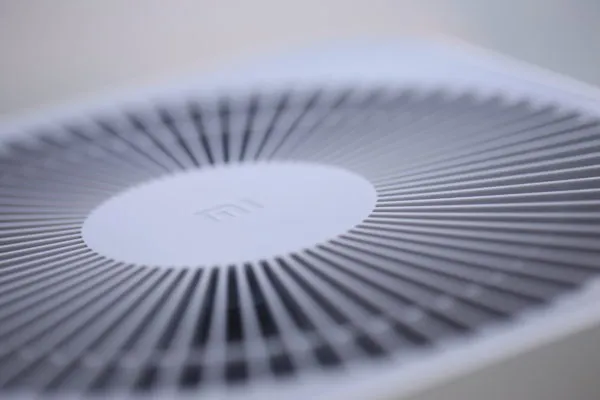
Breathe Easy
Breathe Easy
Consider the Nu-Calgon iWave Air Purifier
Did you know that the place you’re most likely to inhale mold, germs, and other airborne toxins is in your own home?
Indoor air can be five times as harmful and full of pollutants as outdoor air, according to a report by the Environmental Protection Agency (EPA). In that very same report, the EPA also states that the average American spends approximately 90 percent of their time indoors. This means that our homes, the place in which most people spend a majority of their time and often feel most safe, may in fact be more dangerous to us than any other place.
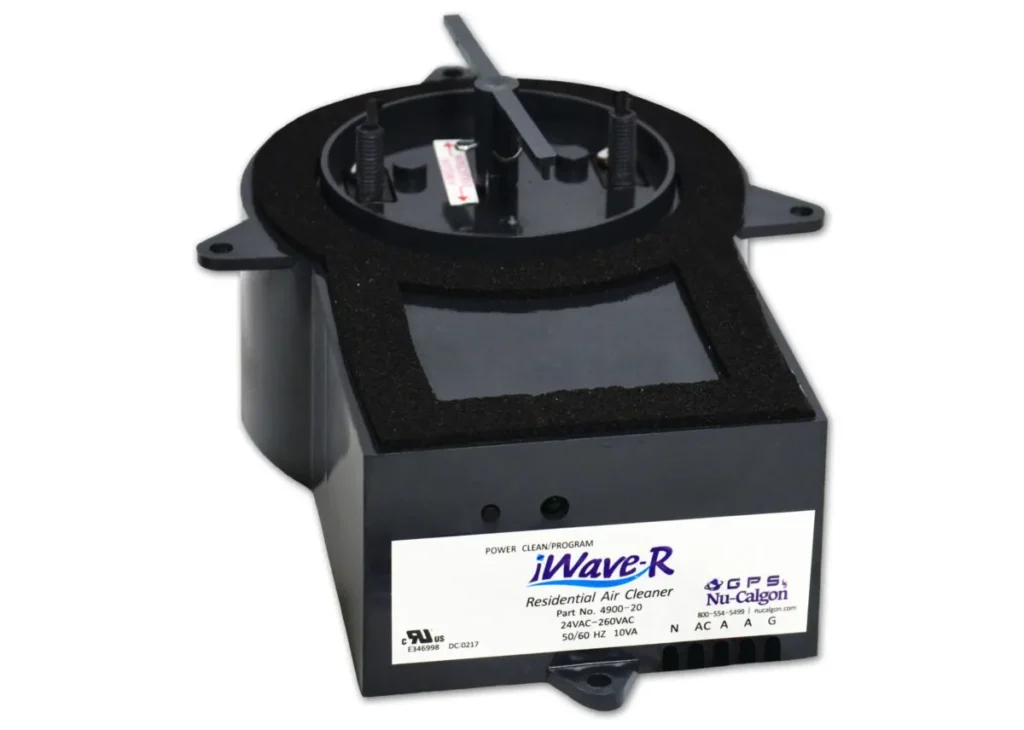
You can’t put a price on clean air, especially in your own home. That’s why Allred Heating Cooling Electric LLC includes the Nu-Calgon iWave Air Purifier in most of our systems. An air purifier in your home can effectively remove just about all of the dangerous airborne particulates that can find their way into the air that you and your family breathe every day, relieving allergy and asthma symptoms, and preventing the spread of bacteria and viruses.
In our opinion, there is no air purifier more effective than the Nu-Calgon iWave, and we consider it essential to maintaining great indoor quality in your home. If you’re curious about how the iWave works or about the benefits that air purifiers offer, read on to learn all you need to know.
How The Nu-Calgon iWave Works?
Many of the more dangerous particulates would slip right through a filter as they’re incredibly tiny, so greater measures must be taken in order to clean up the air in your home. The Nu-Calgon iWave uses something called needlepoint bi-polar ionization technology, or NBPI, which uses ions to kill airborne pathogens and break down gasses and pollutants by changing their chemical composition. The ions also cause allergens to clump together until they’re large enough to be caught inside the filtration system, effectively stopping them from traveling throughout your home. The NBPI process is totally safe and proven through independent testing to be effective, which is why we consider the Nu-Calgon iWave Air Purifier absolutely essential.
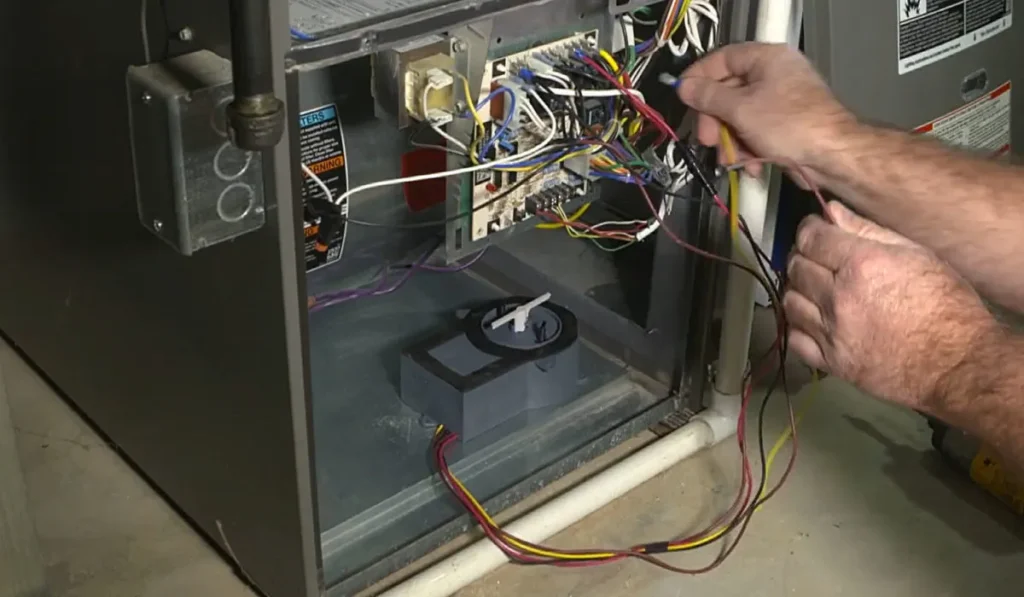
Benefits Of An Air Purifier
- Relief from Allergy and Asthma Symptoms: All of the many airborne pollutants that can cause allergy or asthma flare-ups such as pollen, dust, and pet dander can be nearly eliminated from your home with an air purifier.
- Reduce Spread of Airborne Illnesses: The common cold, the flu, and many other illnesses can be spread through airborne pathogens. Air purifiers can keep those airborne pathogens out of the air in your home.
- Remove Airborne Toxins: Pollutants from outside of your home can find their way in and affect the air quality. Air purifiers can ensure that no matter what toxins try to come in, they don’t stick around.
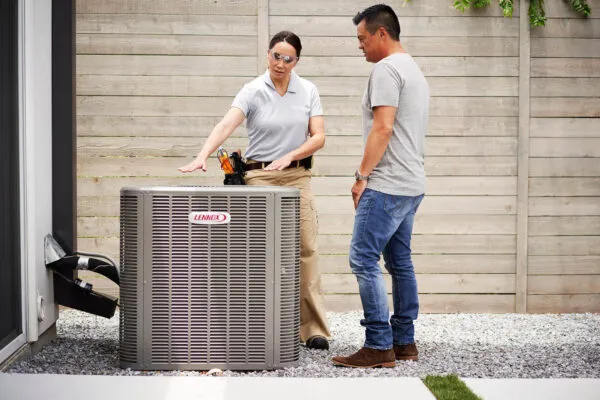
HVAC System FAQ
HVAC Systems
Heating, ventilation, and air conditioning systems (HVAC) can be a little complicated from an outsider’s perspective. At ALLRED, we see certain questions pop up time and time again and we’re always happy to help out. Because of this, we’ve created a short guide to walk you through some common questions. With that said, here is our HVAC systems FAQ.
A: Essentially, they work to keep in cold air during the summer and hot air in during the winter. By ventilating outside air into your home, it keeps air quality clean.
A: These terms usually get used interchangeably. HVAC systems refers to both heating and cooling, which are done by just one unit. Air conditioning is basically just one part of what HVAC systems can do.
At the minimum, once a year. This keeps things running smoothly, prevents major repairs, and expands your HVAC system’s lifespan.
Chances are, your HVAC system is old and overworked. Because of this, it takes more energy to properly heat and cool your home. In a nutshell, repairing or replacing your HVAC system will save you valuable money on energy bills each month.
Yes! Air quality plays a big role in you and your loved one’s day-to-day health. In fact, allergens, pollutants, and bacteria could be circulating in your home without you even knowing. However, maintaining your HVAC system keeps your air healthy and clean to prevent these pesky problems.
Absolutely! Heat pumps have a number of great benefits, including a low cost to run and being eco-friendly.
In short, you should always have experts take a look at your HVAC system. Without the proper knowledge and training, you may damage your unit and even yourself.
Fast, Friendly And Fairly-Priced
At Allred Heating Cooling Electric LLC, we guarantee our customers the same quality and care as our own family. Now let’s work together to take care of your home! Ready to learn more? Contact us today for a free quote!
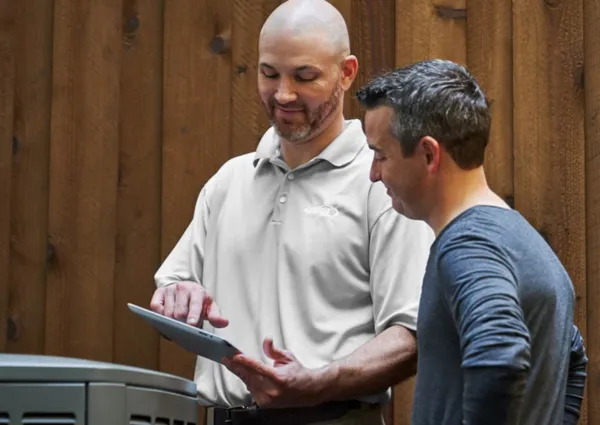
Furnace Vs Heat Pump – What’s The Difference?
Furnace vs Heat Pump – What’s The Difference?
You want your home to be comfortable year round, but especially during winter when those frigid temperatures roll in. If you notice your heating system isn’t warming up your home like it should, it could be time for a replacement. When deciding between a furnace vs. heat pump for your house, you may be wondering what the difference is. While both warm up indoor air, they differ in heating capabilities, energy efficiency, maintenance requirements, use of space, and cost. Read on for our comparison of furnaces vs heat pumps to decide which is best for your home heating needs.
What Is a Heat Pump?
Heat pumps don’t generate heat, but rather transfer it. They use outside air to heat or cool a home, making them a versatile system.
What Is a Furnace?
A furnace converts fuel into heat to warm your home. You can choose from systems that run on either gas or oil.
Furnace Vs. Heat Pump – How Do They Measure Up?
- Energy Efficiency: Heat pumps are more energy efficient than furnaces, as they’re powered by electricity and save on fuel consumption. They’re also flexible, serving as both a heater and an air conditioner.
- Cold Weather Effectiveness: A gas furnace works by burning fuel to generate heat on cold days. If the temperature falls below freezing, a heat pump may have a hard time generating enough heat to keep your home warm. You could add a supplemental system to work in tandem with your heat pump, but these systems typically use a lot of energy.
- Size: Furnaces are installed indoors and can take up a lot of square footage due to required safety clearances. On the other hand, heat pumps are installed outdoors and require less space. The size of your home and how much space you have to spare may factor into your decision.
- Lifespan and Maintenance: Furnace vs. heat pumps have similar lifespans, lasting 15-20 years. As for maintenance, furnaces have few mechanical parts and are used for only part of the year, so they require less maintenance than a heat pump.
- Location: Your heating needs will depend on where you live. If you live in a mild climate where winters remain around 30-40 degrees F, a heat pump may work best for your home. On the other hand, if your winters are extremely cold with temperatures falling below freezing, a furnace will be the ideal option.
- Cost: The installation cost of your furnace vs. heat pump depends on your home’s compatibility and current system setup. As for operational costs, furnaces may be more expensive because of the higher energy usage.
Heating Systems From Allred Heating Cooling Electric LLC
Whether you choose a furnace or heat pump for your home, call Allred Heating Cooling Electric LLC for a smooth and professional installation process. We specialize in repair, replacement, and maintenance services for your home. Our Best Price Guarantee ensures that you always get the quality you deserve at a fair price. Schedule an appointment for your heating system installation.
